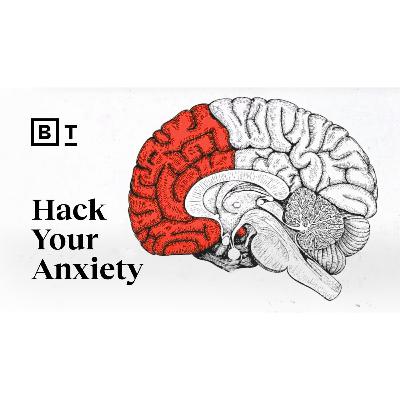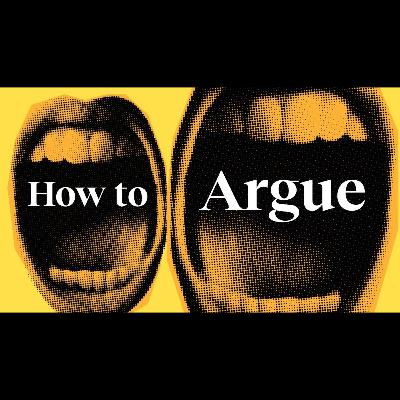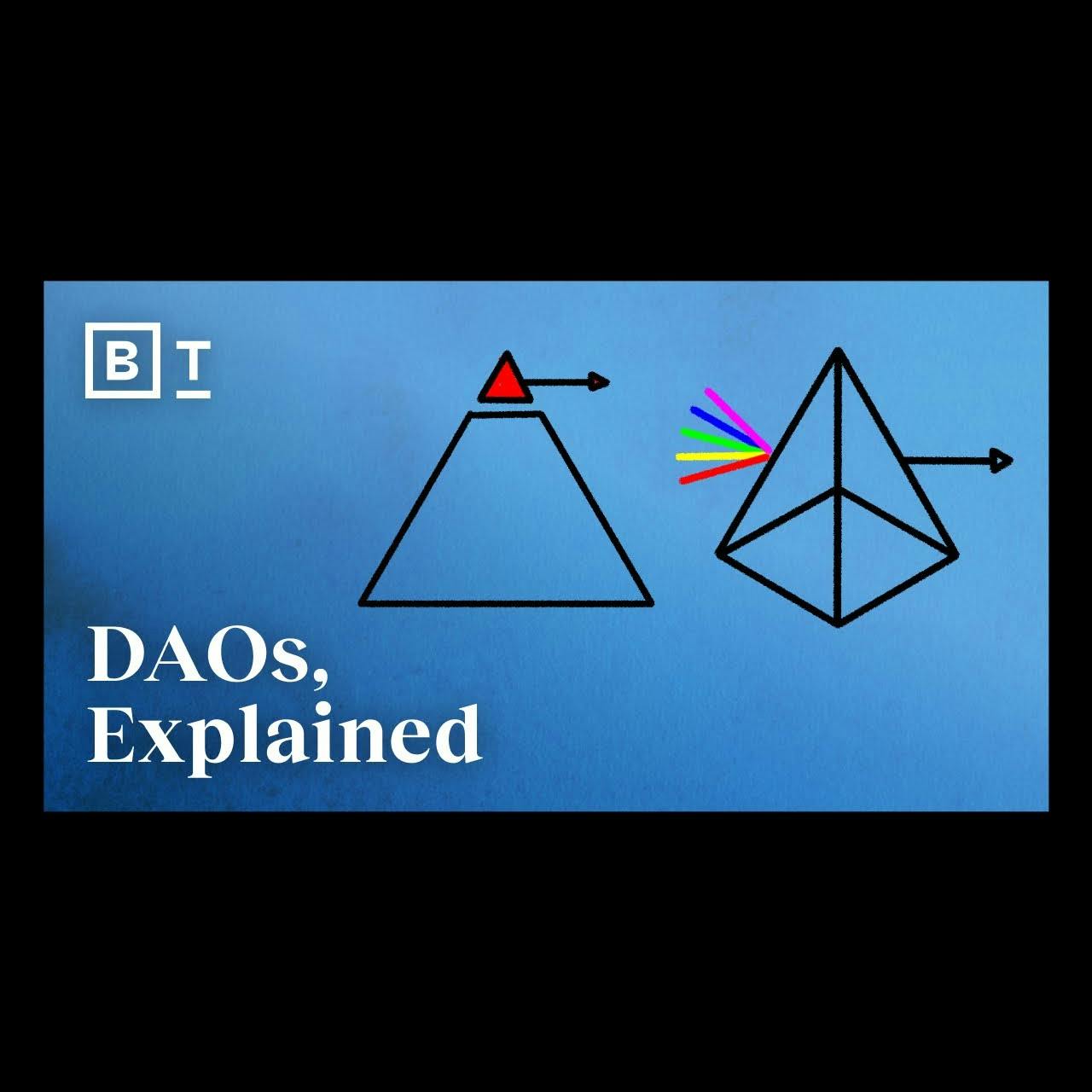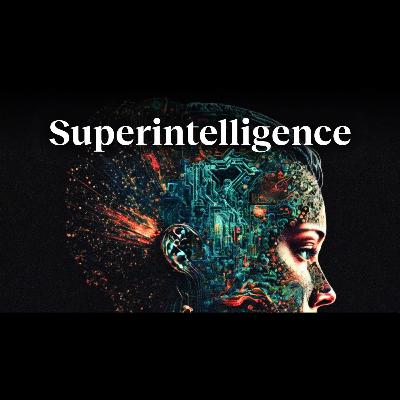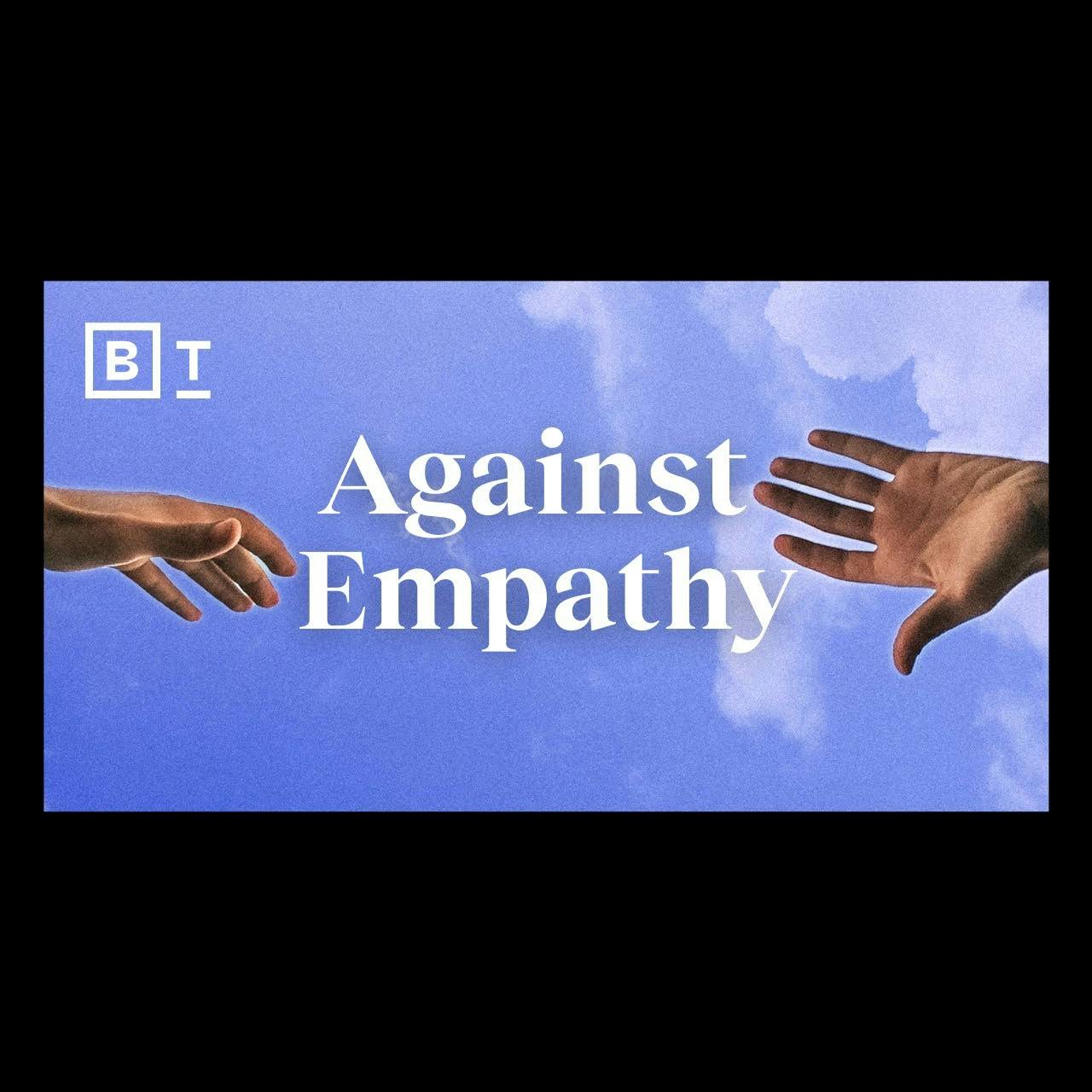The morality of beasts | Frans de Waal | Big Think
Description
Frans de Waal has studied the behavior of primates for five decades. Some of his many important observations center around the evolution of morality and just how much we have in common with the animal kingdom.
The idea that animals are always in conflict with one another and competing for resources is “totally wrong,” de Waal says.
Other primates, specifically chimpanzees and bonobos, have demonstrated a range of traits and tendencies typically regarded as human, including empathy, friendship, reconciliation, altruism, and even adoption.
--------------------------------------------------------------------------------------------------------------------------------------------------------------
FRANS DE WAAL:
Frans de Waal is a Dutch/American biologist and primatologist. He teaches at Emory University and directs the Living Links Center for the Study of Ape and Human Evolution, in Atlanta, Georgia. He is known for his popular books, such as Chimpanzee Politics (1982), Bonobo: The Forgotten Ape (1997) and The Age of Empathy (2009). He has been elected to the National Academy of Sciences and the Royal Dutch Academy of Sciences.
-----------------------------------------------------------------------------------------------------------
TRANSCRIPT:
People sometimes describe nature as a dog-eat-dog world. Some of the biologists depict nature as a battlefield basically where selfish tendencies tend to prevail. And from morality, the evolution of morality there's very little room. What they mean is that all they see is competition. I win, you lose, winning is better than losing and so on. That's totally wrong. I fought against that sort of characterization of animal society all my life, because just like human society it is built on a lot of friendship and cooperation at the same time. We'd like to deny that connection that exists between us and animals. Certain tendencies, such as a sense of fairness, empathy, caring for others, helping others, following rules, punishing individuals who don't follow the rules, all of these tendencies can be observed in other primates. And they're saying these are the ingredients that we use to build a moral society.
The whole spectrum of both very positive behavior and very negative behavior can be seen in other animals. Animals can be heroic and they can be genuinely altruistic and we actively tested in our chimpanzees. We've done an experiment where a chimpanzee can choose between two options. One option rewards only himself, the other option rewards himself plus a partner who sits next to him. And our chimpanzees preferred the latter option. They prefer a task where they can reward the partner at the same time as themselves. The primates are a very cooperative society in general. The reason they live in groups is that on their own they cannot survive. So they have to have companions from whom they get support, with whom they live together, who help them find food, who warn them against predators. And they have long-term friendships in their society just like humans have. There's a lot of studies on how animals do favors for each other. And if you thin...
Learn more about your ad choices. Visit megaphone.fm/adchoices


